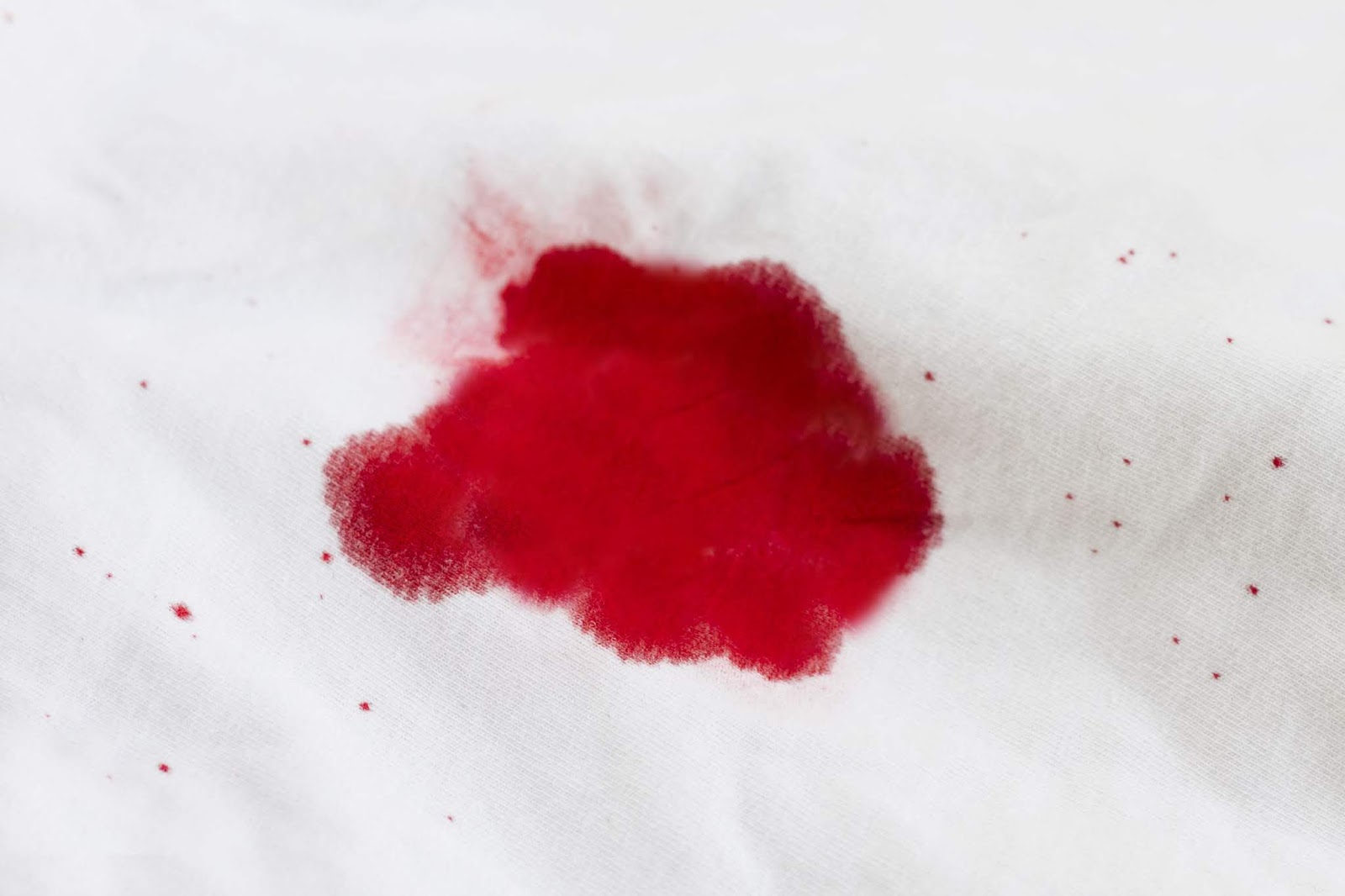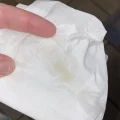What is post-coital bleeding?
Post-coital bleeding also known as (after sex) bleeding is vaginal bleeding that occurs within 24 hours after sexual intercourse. Normally you should only have vaginal bleeding when you have a period, but if you have irregular periods, you may not be sure if the bleeding is normal or not. If you are not sure if your bleeding is part of a period, visit your doctor to discuss your concerns.
Many women experience vaginal bleeding after sex at one time or another. In fact, up to 63 percent of postmenopausal people experience vaginal dryness and vaginal bleeding or spotting during sex. Additionally, up to 9 percent of menstruating people experience postcoital (after sex) bleeding.
Occasional light bleeding is usually not a cause for concern. If you have certain risk factors or have gone through menopause, bleeding after intercourse warrants a visit to the doctor. The point prevalence of post-coital bleeding ranges from 0.7 to 9.0% with one report indicating that the annual cumulative incidence is 6% among menstruating women.
For premenopausal women who are naturally menstruating, the spontaneous resolution has been documented in 51% at two years with no further signs of recurrence. About 30% of patients with post-coital bleeding also experience abnormal uterine bleeding and 15% have dyspareunia.
Where does post-coital bleeding come from?
A woman’s reproductive system can be divided into upper and lower parts:
- The upper part includes the body of your uterus, your fallopian tubes, and your ovaries. Bleeding during your period occurs when the lining of your uterus breaks down as part of a normal monthly cycle.
- The lower part of a woman’s reproductive system is the neck of your womb (cervix), your vagina, and your vulva and labia, which are on the outside of your body.
It is the lower parts that are usually involved in post-coital bleeding.
What are the causes of post-coital bleeding?
The most common causes of post-coital bleeding include the following:
- Cervical polyps – small growths caused when cells multiply abnormally. In rare situations, these can develop into cancer. They can easily be removed at the time of a smear test.
- Cervical ectropion – when cervical cells grow outside your cervix, where they can be damaged during sex.
- Vaginal thrush – a common yeast infection that can occasionally cause bleeding along with other common symptoms such as pain, itching, and vaginal discharge.
- The contraceptive pill or injection – contraceptives can affect the lining of your cervix and make it extra sensitive, especially when you first start on them.
- Having sex – occasionally, sex can cause bleeding from your vagina or vulva, especially if you have a condition called atrophic vaginitis where the lining of your vagina becomes thinner.
Less common but more serious causes include the following:
- Cervical cancer – this is a serious condition but if it is treated early it can be cured completely. This cancer can be identified before it becomes a serious threat through a smear test. Remember that no test is perfect, so even if you have had a recent smear test, you should still see your GP if you have post-coital bleeding.
- Cervical infections – such as chlamydia and gonorrhea. These infections can cause serious problems and need to be treated.
- Pregnancy – bleeding in early pregnancy is common, but needs to be checked out by a doctor. Early pregnancy bleeding can occur with an ectopic pregnancy, which occurs when the pregnancy is growing in a fallopian tube. This is potentially very dangerous.
In girls who have not started having periods, any vaginal bleeding is not normal. See your doctor for a check-up and advice.
Post-coital Bleeding How Long Does It Last?
After your first sexual intercourse, the hymen is broken resulting in minor post-coital bleeding which lasts between 1 to 2 days. In general post-coital bleeding in women usually last for 24 hours after sexual intercourse.
How to stop Post-coital Bleeding
There are several ways to stop post-coital bleeding some options include:
- Vaginal lubricants and moisturizers
- Medication for sexually transmitted infections
- Estrogen therapy
- Cervical cancer treatment (surgery, chemotherapy, or radiation)
- Polyp removal
Can post-coital bleeding stop on its own?
It might. A recent study found that just over half of women who had bleeding after sex reported that it cleared up on its own within 2 years.
How to prevent post-coital bleeding
You can make some lifestyle changes to lower your risk of bleeding after sex:
- Use a lubricant before and during sex.
- Wait a bit longer after your period ends to start having sex again.
- Have your doctor remove any cervical polyps or treat cervical infections.
- Have more foreplay before penetration.
- Try less aggressive sex.






